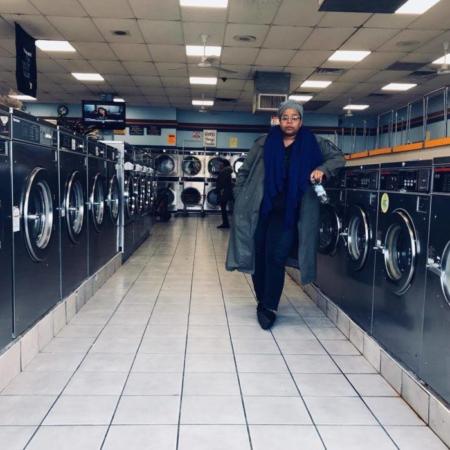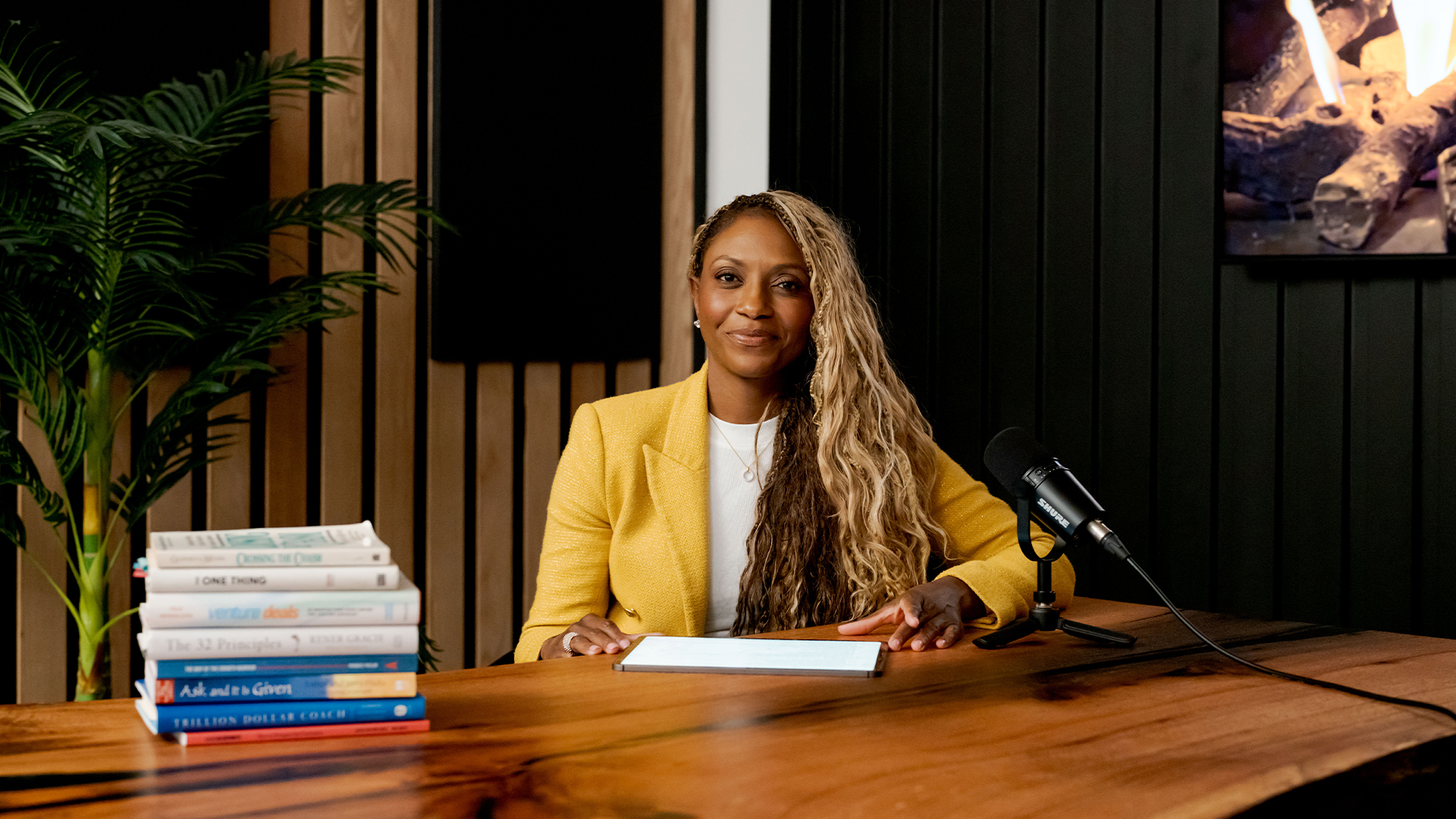For years we’ve been hearing the same story in tech circles. The assumption that Black men and women are ill-equipped to thrive in STEM and the denial of systematic barriers in place that keep them from thriving. However, the stories we do not hear enough of are the damaging effects that kind of ideology and treatment has on the mental health of people working in technology.
In 2018, Ehi Aimiuwu — a former corporate technologist — decided to build a safe space to talk about mental health in tech called “Code Burnout.” The podcast serves as a judgment-free zone for people to share their experiences. Even more, it is the result of several years of Aimiuwu feeling invisible, silenced, frustrated, and overworked — something most people of color in the tech industry can relate to. She said there was often an internal struggle to be cautious with her words. She had to be careful in an effort to adhere to an unspoken code of conduct because it was easy to gain a label if you did not fall in line with company culture — even if it was toxic.
Aimiuwu says working in tech led to some of her darkest moments, but that those experiences ultimately helped her. She realized she could harness those experiences to build something that would help other technologists who were going through the same thing. She says a moment of confusion, frustration, and being overworked inspired her to bring her idea to life.
“It was the middle of the night, I was working on all these projects, I was the definition of burned out,” Aimiuwu told Afrotech. “But I didn’t know that I was. I created Code Burnout because I felt super alone, and I didn’t want anyone to feel the way that I felt, while working in tech. I wanted to connect with other people who were suffering the way I was suffering. I didn’t want people of color to be driven away from tech. Because we have enough barriers to face and I want to help knock down as many as possible.”
Aimiuwu says her desire to uplift those around her is what spurred her to make tackling the mental health issues people of color face in tech her life’s mission. She believes that if companies put the mental health and wellbeing of their employees first, then that will ultimately be better for business. She says that — in a way — retention is at the heart of her work.
“Invade corporate spaces and have it be the standard to talk about mental health as it relates to diversity. One thing these companies will keep talking about is recruitment. They tend to forget that they need to keep the people who are already there, happy.”
Aimiuwu says the growing concern for her mental health began fairly early in her career as a senior quality analyst at a technology consultancy headquartered in Chicago.
“It actually started with anxiety first, and then it didn’t hit into full-blown depression until year three or four when I realized that I could not be in the space that I was in.”
Interactions between QA-based professionals and developers can get tense. Add to that pressure cooker — a white male developer who is not only confident that his code is flawless, but also intends on being dismissive of a self-taught Black woman (who rocks an afro or sometimes a turban). Plus, although she is eager to succeed, she has also convinced herself that she landed the job because of pure luck, not innate talent.
“I felt very aware of how people were treating me due to being a woman, a Black woman, and a mother,” Aimiuwu said. “In the consulting and tech world, there’s a political game that’s happening and if you do not understand the politics of what’s happening within an organization that you’re working for then you can get emotionally, and mentally caught up in a bunch of bullshit that you shouldn’t let get to you.”
Like many women in the white male-dominated tech industry, Aimiuwu, who started her career in tech while being a mother of four, says she often felt the effects of imposter syndrome. She had feelings of self-doubt — which made it a struggle for her to confidently and effectively do her job. Aimiuwu says that she would often do self-checks, making sure that her mental health was intact after working in an environment that was mainly white and didn’t take her culture or experiences into account. She says people working in tech shouldn’t let forces beyond their control dictate their mental health and stability.
“I always had this extra thought in the back of my mind, that I need to work twice as hard as everyone else, so I don’t look like I’m the lazy one, the odd one out, or that I’m not pulling my weight on the team, Aimiuwu said. “I didn’t want to give anyone a reason to kick me off the team.”
Mental health issues in the workplace have been prevalent for a long time, and it’s no surprise that they’re spilling into the tech industry. According to the National Alliance on Mental Illness, 1 in 5 working-age adults experience some kind of mental illness. Another study by Accenture from 2018 showed that two-thirds of workers surveyed in the U.K. experienced mental health challenges and have had suicidal thoughts. For entrepreneurs, the picture is also grim. According to a study by the University of California, 72 percent of entrepreneurs deal with some kind of mental health challenge.
How do you fight for your mental health in an industry that rewards nonstop work and fast results? Dr. Darnell Motley is a Researcher at the University of Chicago and specializes in the development of culturally tailored structural and behavioral interventions. He says the feelings our jobs cultivate in us can have major impacts on our mental health, especially when you consider how much time we spend at work and how as a country we put so much value into our career achievements.
“Work and health definitely have impacts on one another,” Motley said. “We are able to work better when we are healthy, and we are healthier when our work environments are positive spaces for us.”
Our jobs can have a massive impact on our mental health, but hopefully, with spaces like Code Burnout, we start to figure out how to tackle them together.
















